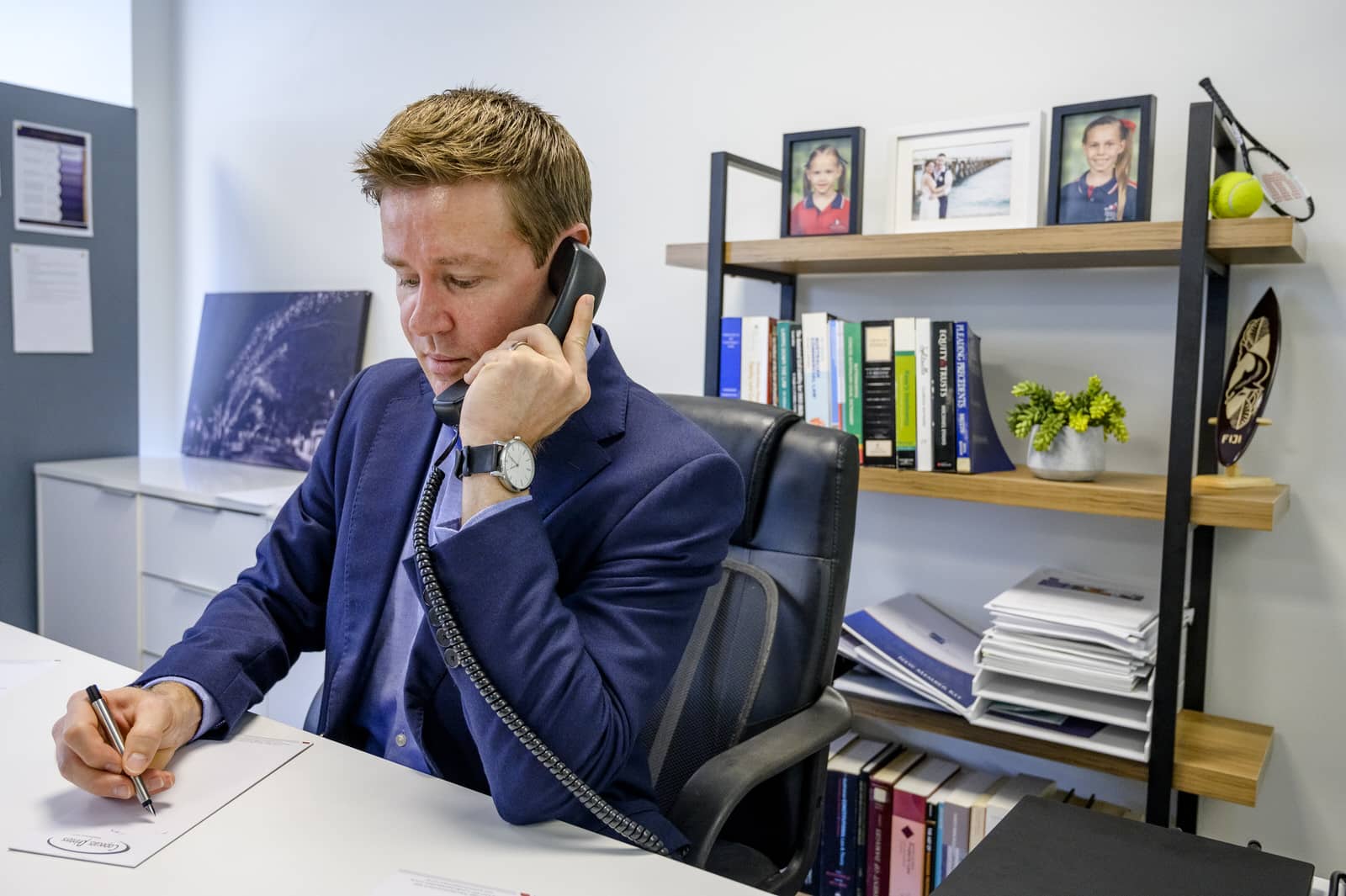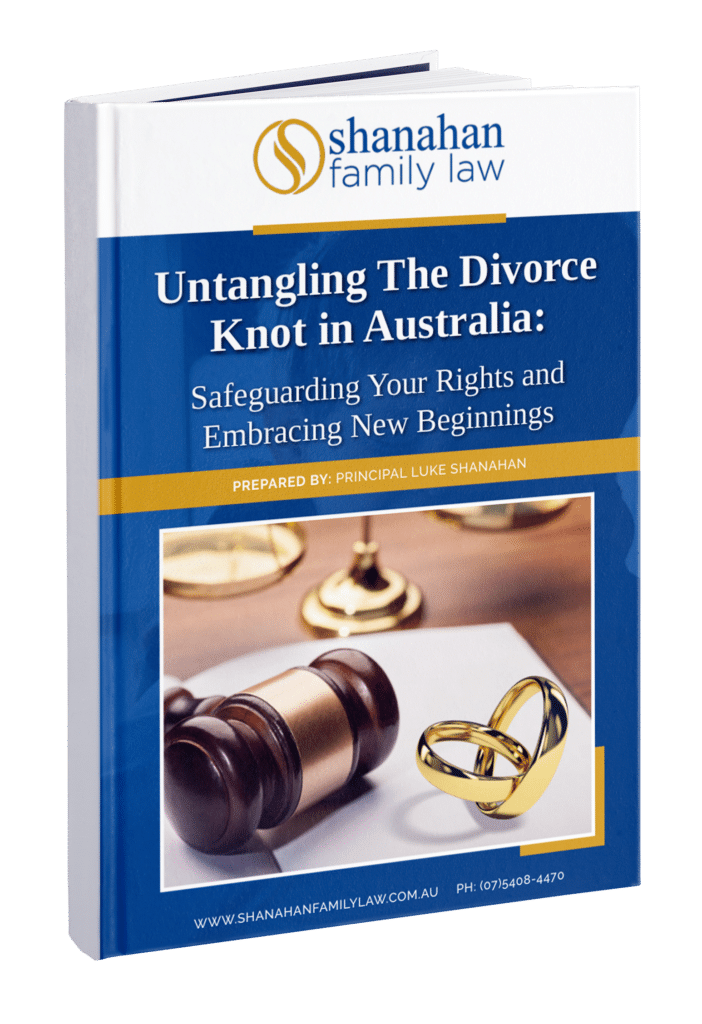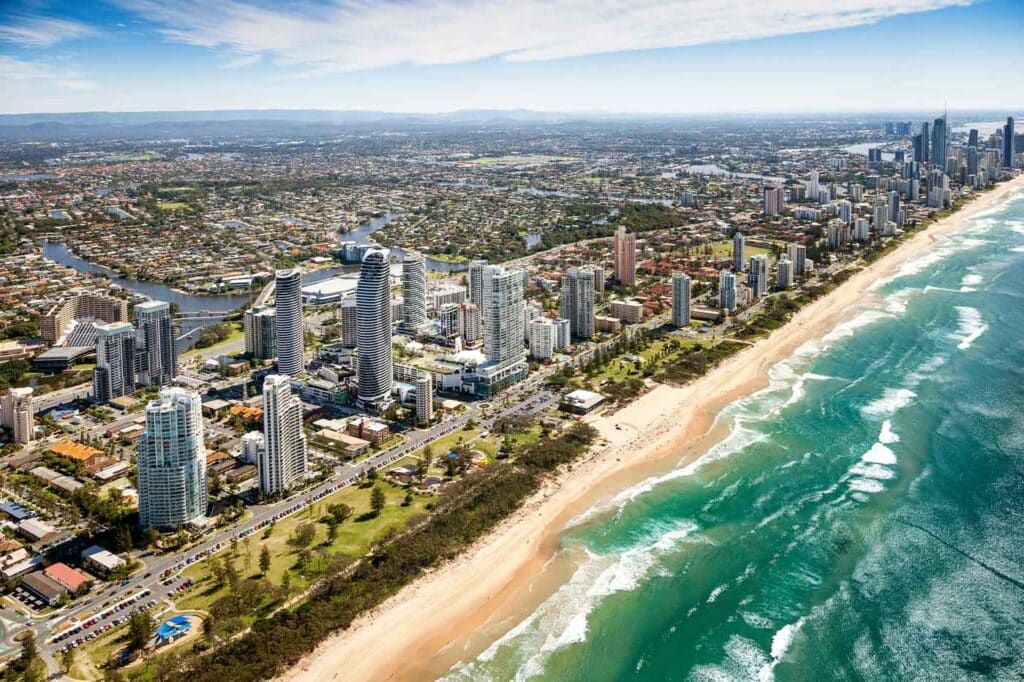Our Locations
Maroochydore and Gold Coast
Sunshine Coast, Maroochydore
Kon-Tiki Business Centre Suite 501, Level 5, Tower 2/55 Plaza Parade, Maroochydore QLD 4558, Australia
Opening Hours
Monday to Thursday:
8:30 to 17:00
Friday:
8:30 to 15:00
Gold Coast, Southport (By Appointment Only)
Shanahan Family Law PO Box 158 Southport BC QLD 4215, Australia
Opening Hours
Monday to Thursday:
8:30 to 17:00
Friday:
8:30 to 15:00
Affordable Legal Advice for Everyone
We support you at every step, no matter what stage of your life or which legal proceedings or negotiations you currently face. Our experts understand how complicated it can be to handle complex family law problems alone, and we take pride in offering a safe space for clients where their concerns are heard and respected. Contact us today for more information about our services and how we can help get the best outcome for your situation.

Send an enquiry.
Visit our Maroochydore office
Shanahan Family Law
Kon-Tiki Business Centre
Suite 501, Level 5,
Tower 2/55 Plaza Parade,
Maroochydore QLD 4558, Australia
Family Law Frequently Asked Questions
What Shanahan Family Law customers are asking?
We are serious when we say we care, listen, and get results. I’m not sure we would use the words’ best Family Lawyers’; instead, we think of Shanahan Family Law as an experienced family law firm with proven results. A team of family law specialists. We don’t take your circumstances for granted and genuinely care for every client who partners with us. We care because we genuinely believe in supporting you in finding a better life through our range of family law services. We use active listening, where we hear your words and understand your complete message.
We always encourage staying away from the courts where possible at Shanahan Family Law. Utilising mediation instead of the family court system can save you thousands in lawyers’ and hearing expenses, not to mention the emotional toll. However, sometimes avoiding court may not be feasible. When domestic violence factors into your circumstances or communication has completely broken down between both parties, it may be best to seek legal help under the Family Law Act.
If it is for divorce, The Federal Circuit and Family Court of Australia explain it well here, as you will have to attend in some capacity. If you are experiencing a different problem, Family Relationships Australia talks more about broader family law matters and attending Court. Read more here. Following the COVID-19 pandemic, in many cases, if you are required to attend Court, you will do so via a Microsoft Teams video link.
Any married couple seeking a divorce must prove they separated over a year beforehand. Separation doesn’t require couples to live physically apart as long as they can satisfy the Court that they were “separated under one roof”.
The divorce order is effective one month and one day after the Court grants the divorce. In certain circumstances, you may apply for a special order to shorten that time.
If done efficiently, the entire process for an uncontested divorce will be several months. However, a divorce could take over a year if your spouse contests the divorce in Court. The process can also extend if you have trouble locating your former partner.
You must separate a minimum of 12 months before applying for a divorce. When circumstances don’t permit one spouse to move out of the marital home, you may continue cohabiting if you can prove “separation under one roof”. You can satisfy the Court with evidence that you are no longer associating with each other sexually, domestically, or socially. Evidence may include sleeping in separate bedrooms and maintaining different social circles.
The law allows you to reconcile for a time during the separation. For couples who get back together for no longer than three months and separate again, your separation period resumes where it left off. However, if your reconciliation lasts longer than three months, the 12-month separation requirement will reset.
Luke Shanahan, principal of Shanahan Family Law, is a passionate family lawyer. He understands the importance of building strong, enduring and lasting relationships. Luke is committed to ensuring that his clients receive the best legal advice while remaining accessible and responsive. Luke believes everyone deserves a second chance at a better life, and he aims to do this through his family law support services. Luke started practising in 2008. You can learn more about Luke Shanahan by clicking here.
Whether you require legal services or advice depends on your circumstances and if you have the confidence and skills to navigate the family law court system. A divorce lawyer is often the first person you think of when you are going through a divorce. They can represent you in a divorce, property consent orders, domestic violence, child custody, attendance in court, mediation, barrister support and a range of other family law matters. This comprehensive experience makes them uniquely qualified to represent you throughout the process. Hiring an experienced divorce lawyer in these matters, like a Shanahan Family Lawyer, will help ensure your protection throughout the process. They will increase your chances of obtaining the best possible outcome for you and your family.
Call our office and let our family law team help you understand or point you in the right direction. Our initial consultation will allow us to determine whether you require our services or not. Call the office, and we will happily discuss your family law matters in more detail. You can learn more about family law here.
The first thing to consider is if Australia recognises your marriage. Australia won’t recognise a marriage if:
Either party is married to more than one person;
One party is underage by Australian law;
One party entered the marriage under duress.
If the marriage is legally valid, you may seek legal advice for divorce in Australia if one party to the marriage has connections to Australia. A connection generally means being an Australian citizen or resident. If neither you nor your spouse is a citizen or permanent resident, you may still be eligible if you can prove you lived primarily in Australia for 12 months before filing for divorce.
We have written a blog that contains more information about this topic. You can check it out here
Download Our Free Divorce Guide



